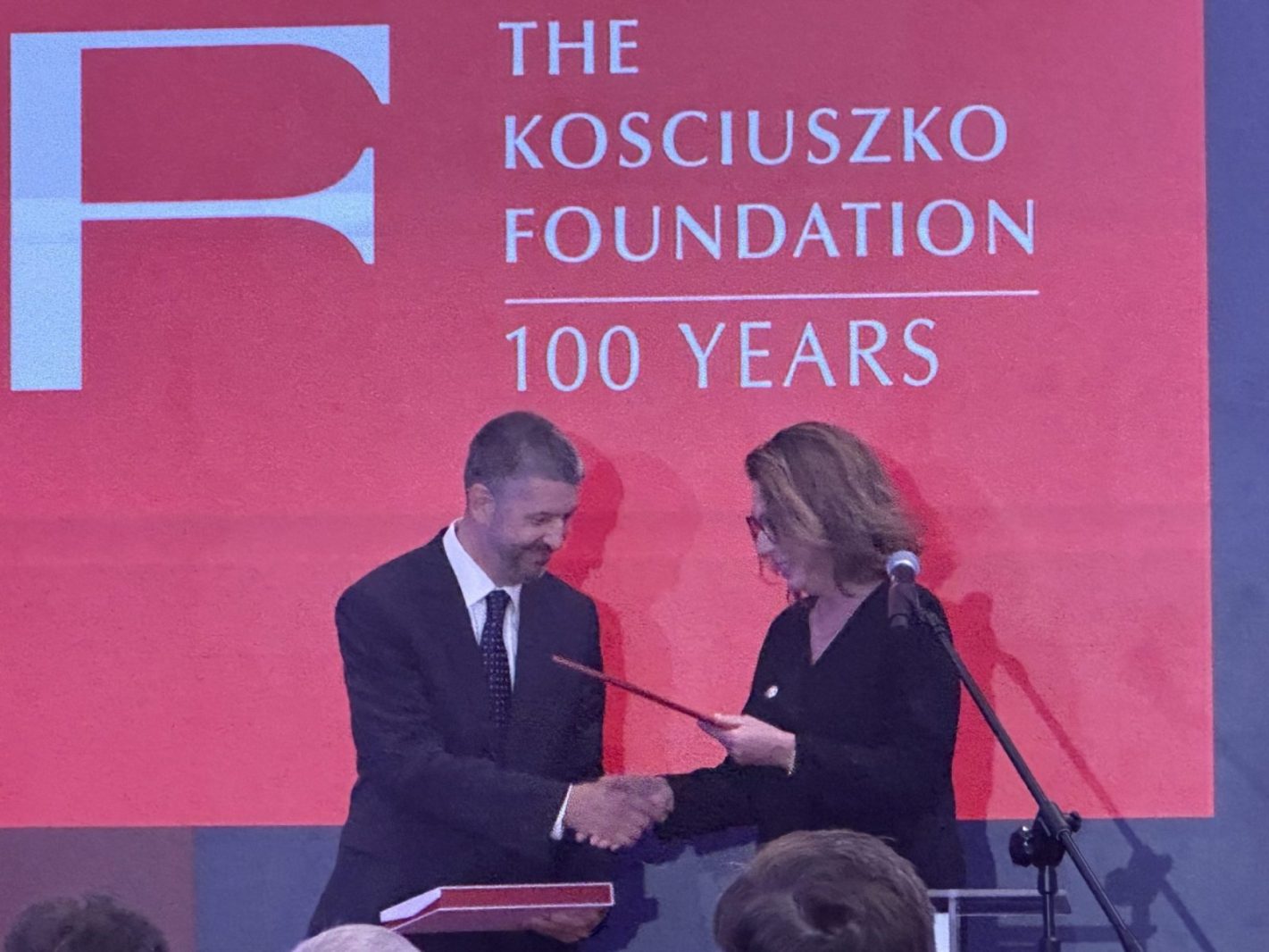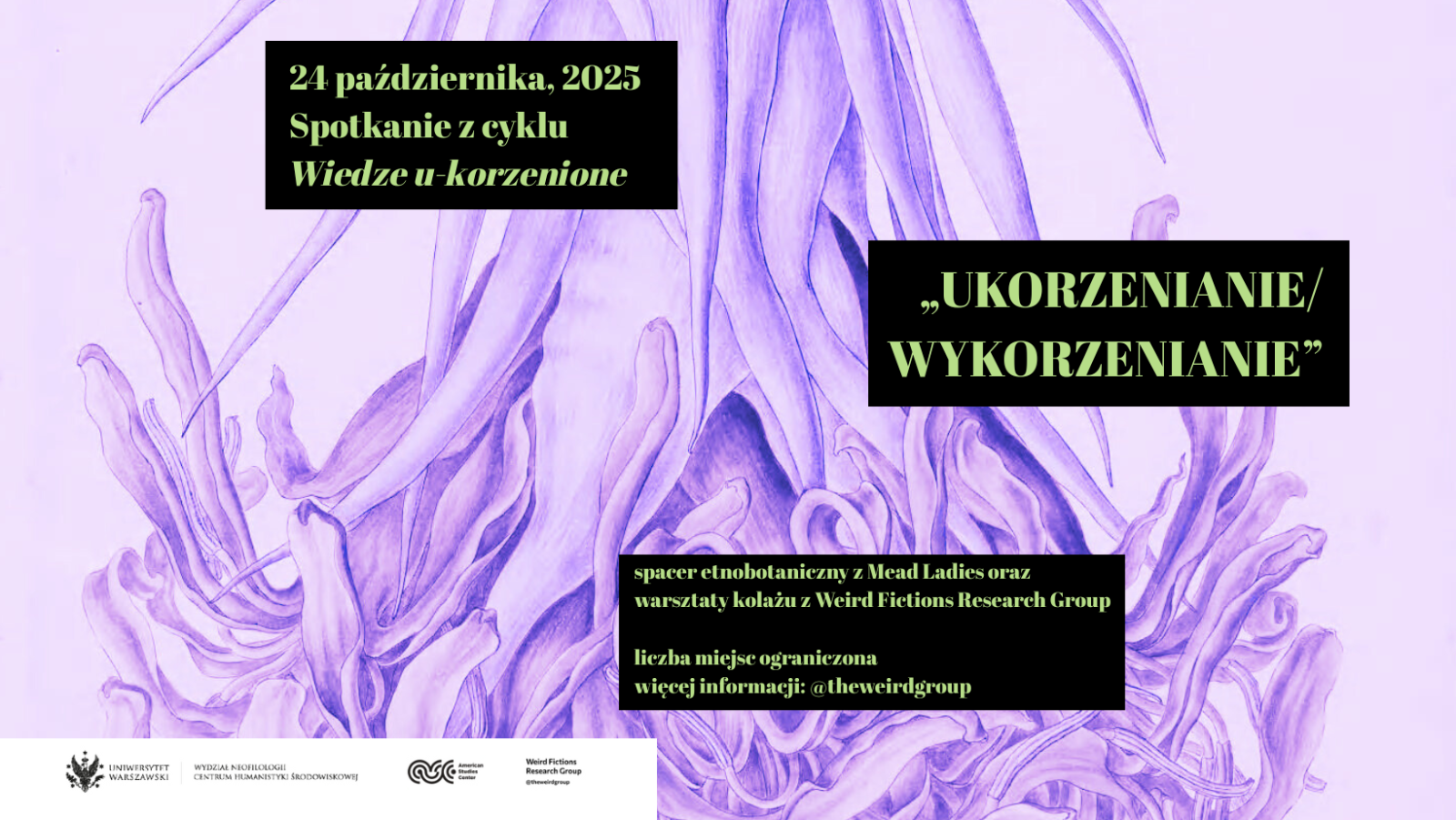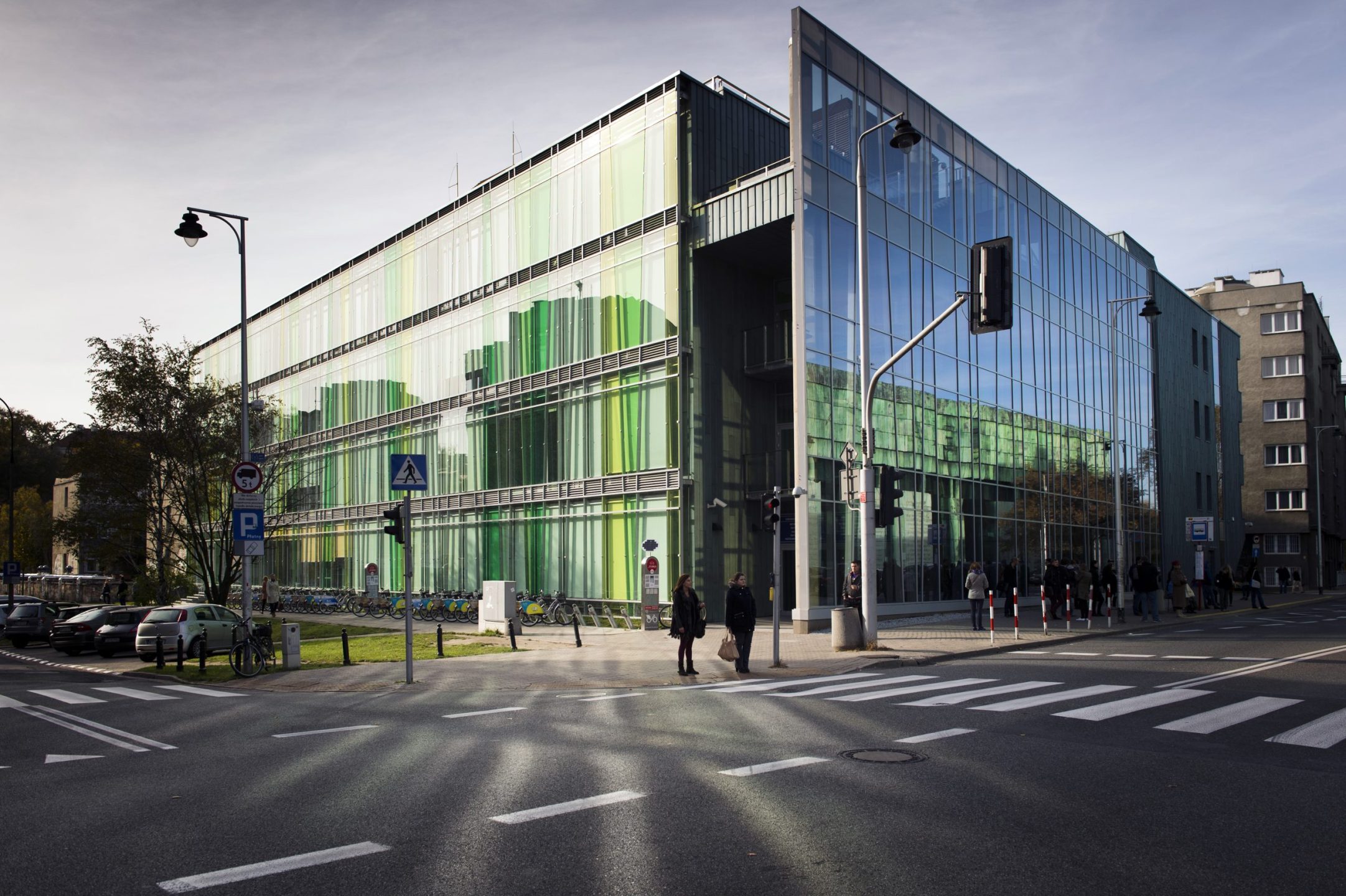We are pleased to invite you to the final lecture of the American Studies Colloquium Series in the 2023/2024 Spring semester!
Eveline Kilian
(Humboldt University of Berlin)
The Role of Different Media in Transgender Life Narratives: The Case of Kate Bornstein
Thursday, May 23, 2024
at 4:45 p.m.
You can get 3 OZN points for participating in this event.
Where?
Dobra 55, room 2.118
(the building features some mobility accommodations: ramp and lift)
What?
This paper focuses on Kate Bornstein, an American transgender activist, performer and writer. Their 1994 book entitled Gender Outlaw: On Men, Women and the Rest of Us is an autobiographical text that resists generic classification. Bornstein uses the term “transgendered style” to describe the collage-like form of the text, thereby linking the transgression of gender norms to the transgression of generic boundaries. Since then, a variety of further self-presentations have emerged, both in textual and digital forms and formats. I will explore the narrative and aesthetic features of Bornstein’s various ego documents and the selves they have produced, and I will reflect on the kind of subject that emerges from this ensemble of autobiographical practices as well as on the strategic purposes the various media fulfil with respect to intersubjective engagement and community building.
Who?
Eveline Kilian was Professor of English at Humboldt University of Berlin from 2006 until her retirement in 2024. Her major research areas are modernism and interwar literature, metropolitan cultures, life writing, trans/gender and queer studies, and she has published widely in these fields. She is currently Senior Researcher at HU Berlin, and the German PI of the binational research project Queer Theory in Transit: Reception, Translation, and Production of Queer Theory in Polish and German Contexts, which is headed by Tomasz Basiuk on the Polish side and brings together scholars from the HU Berlin and the University of Warsaw (funded by DFG and NCN, 2023-2026).




